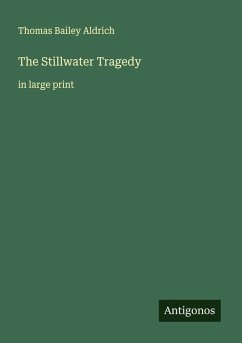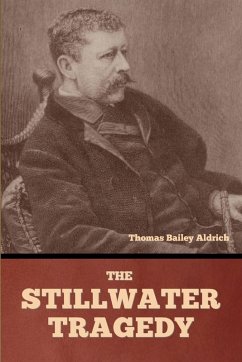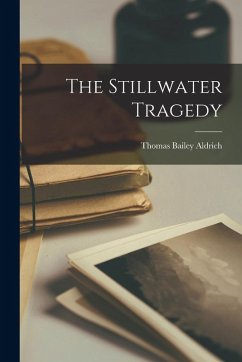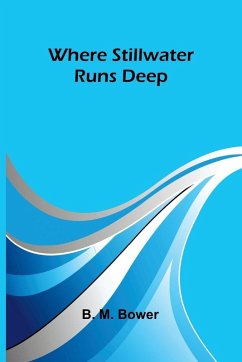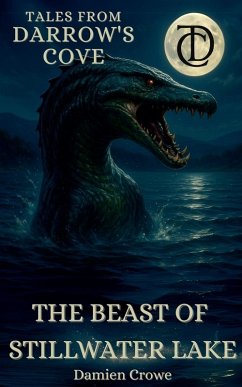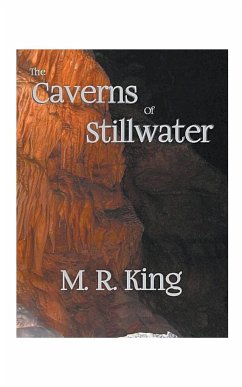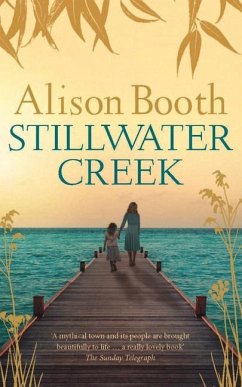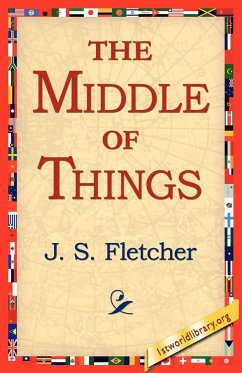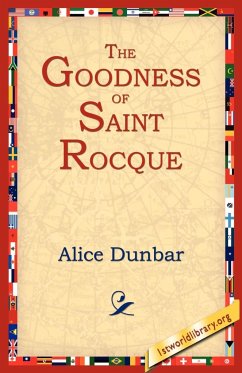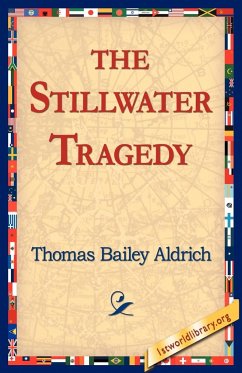
The Stillwater Tragedy
Versandkostenfrei!
Versandfertig in 1-2 Wochen
17,99 €
inkl. MwSt.

PAYBACK Punkte
9 °P sammeln!
Purchase one of 1st World Library's Classic Books and help support our free internet library of downloadable eBooks. Visit us online at www.1stWorldLibrary.ORG - - It is close upon daybreak. The great wall of pines and hemlocks that keep off the west wind from Stillwater stretches black and indeterminate against the sky. At intervals a dull, metallic sound, like the guttural twang of a violin string, rises form the frog-invested swamp skirting the highway. Suddenly the birds stir in their nests over there in the woodland, and break into that wild jargoning chorus with which they herald the adv...
Purchase one of 1st World Library's Classic Books and help support our free internet library of downloadable eBooks. Visit us online at www.1stWorldLibrary.ORG - - It is close upon daybreak. The great wall of pines and hemlocks that keep off the west wind from Stillwater stretches black and indeterminate against the sky. At intervals a dull, metallic sound, like the guttural twang of a violin string, rises form the frog-invested swamp skirting the highway. Suddenly the birds stir in their nests over there in the woodland, and break into that wild jargoning chorus with which they herald the advent of a new day. In the apple-orchards and among the plum-trees of the few gardens in Stillwater, the wrens and the robins and the blue-jays catch up the crystal crescendo, and what a melodious racket they make of it with their fifes and flutes and flageolets! The village lies in a trance like death. Possibly not a soul hears this music, unless it is the watchers at the bedside of Mr. Leonard Tappleton, the richest man in town, who has lain dying these three days, and cannot last until sunrise. Or perhaps some mother, drowsily hushing her wakeful baby, pauses a moment and listens vacantly to the birds singing. But who else?



